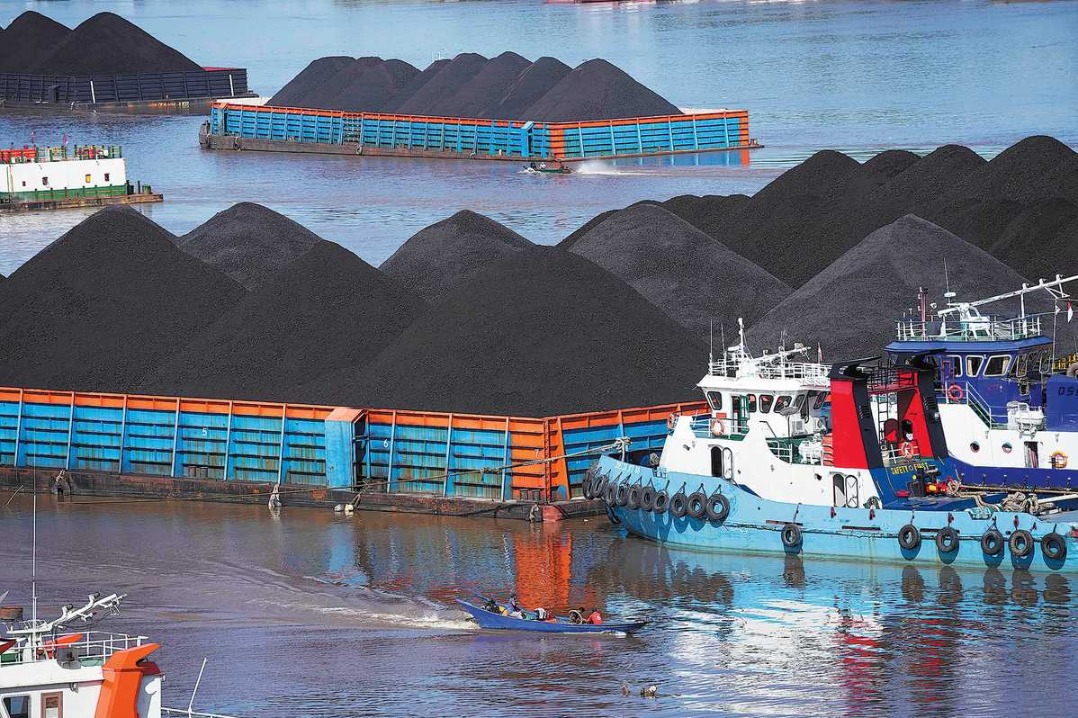France, Germany face industrial decline


France and Germany have emerged as two of the biggest industrial losers after consultancy S&P Global published its purchasing managers index, or PMI, for November, revealing the state of health of manufacturing across the world.
According to the index, a figure below 50 indicates a period of contraction. Overall, the PMI for the 20-member eurozone fell from 46 in October to 45.2 in November, and in France, the figure dropped from October's 44.5 to 43.1, "marking a 22nd month in which it has posted below the critical 50.0 no-change threshold", the accompanying report noted, observing that it was the most severe drop in new orders since the early days of the pandemic.
Germany's PMI remained unchanged at 43, with the report commenting that the country's manufacturing sector "remained deep in contraction territory", and despite a mood of business optimism, "a backdrop of political and economic uncertainty meant confidence was still low by historical standards".
In recent weeks, both France and Germany, the two political and economic powerhouses of the European Union and eurozone, have endured periods of serious political instability, which are not over yet.
The minority French government is on very rocky ground because of opposition to its budget plans, and in Germany, the coalition government of Chancellor Olaf Scholz has fractured and federal elections are coming up in the new year, ahead of schedule.
Bleak outlook
Cyrus de la Rubia, chief economist at Hamburg Commercial Bank in Germany, said the outlook for the eurozone was bleak, with "no sign of a recovery any time soon".
"These numbers look terrible," he added. "It's like the eurozone's manufacturing recession is never going to end."
The economic malaise is not exclusive to the eurozone, however, with the United Kingdom also reporting tough times, which will have a major effect on the new Labour Party government's pledge to prioritize economic growth as a way to boost the country's fortunes.
An unfavorable reaction to Chancellor of the Exchequer Rachel Reeves' first budget at the end of October, along with the burden of Brexit border checks, saw the UK's PMI drop from 49.9 in October to 48 in November, its lowest figure for nine months, after predictions last month that it would be 48.6.
Output fell for the first time in seven months while new orders declined at the fastest rate since February.
The Guardian cited Brexit-related difficulties as proving particularly challenging for smaller businesses, as many companies in Europe have told clients in the UK that the current problems presented by Britain's withdrawal from the EU have made them look for alternative sources inside the eurozone for similar goods.
julian@mail.chinadailyuk.com

































